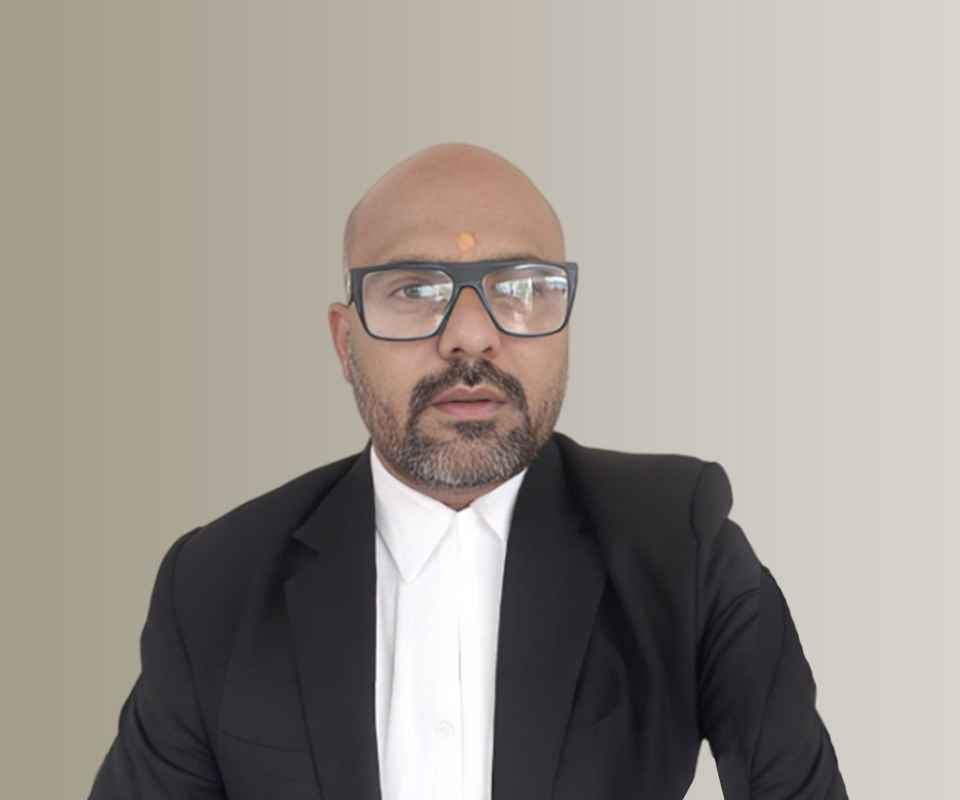Answer By law4u team
If the legal heir needs a succession certificate and the death occurred abroad, the process in India is still governed by Part X of the Indian Succession Act, 1925 (read with the jurisdiction rules under the Bharatiya Nyaya Sanhita where applicable). Steps • Obtain the foreign death certificate – Get the death certificate issued by the foreign country’s competent authority. – Have it apostilled under the Hague Convention or attested by the Indian Embassy/Consulate in that country. – Get it translated into English (if not already) and notarised. • File petition in Indian court – File in the District Court or High Court (depending on jurisdiction) where: \ the deceased ordinarily resided in India, or \ where the deceased had property/money in India. • Documents required – Attested foreign death certificate – Identity and address proof of petitioner – Proof of relationship with the deceased (legal heir documents) – List and details of debts/securities for which the certificate is sought – NOC from other legal heirs or their consent affidavits (if applicable) • Court process – Court will publish notice inviting objections (usually 45 days). – If no valid objections, the court grants the succession certificate. – The certificate will be valid for claiming movable assets like bank deposits, shares, etc. Key point Even if the death took place abroad, Indian courts can issue the succession certificate for assets located in India, provided proper proof of death and legal heirship is submitted.









